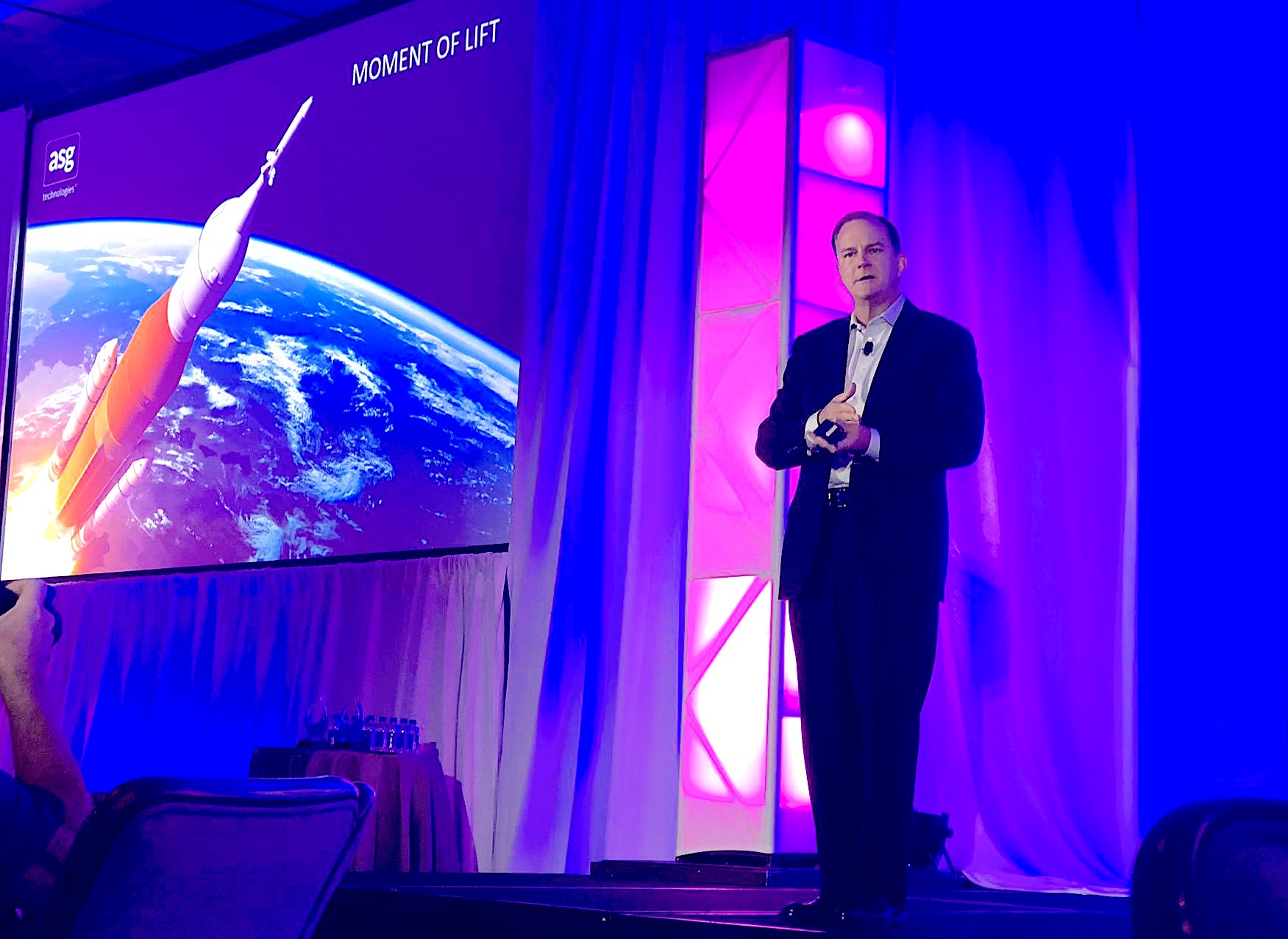 APPS
APPS
 APPS
APPS
 APPS
APPS
“Low code” is a catch-all for every visual, model-driven development tool now on the market. As a result, the phrase has outlived its usefulness as a market segmentation label.
When a company touts its development tool with this phrase — or the equivalent “no code” — it’s usually unclear what specific types of application development initiatives it’s designed to accelerate. The paucity of manual coding that was necessary to build an application does not say anything about the functional scope of the resulting solution.
As I observed in this Wikibon research note from last year, “low code” tools may be used for design-once, run-anywhere development of a wide range of client front-ends, including Web, mobile, desktop and e-forms applications. These tools may also expedite development of business process management, enterprise content management and case management applications. They may accelerate creation and deployment of robotic process automation apps as well.
One of the companies now positioning itself for all of these low-code use cases is ASG Technologies Group Inc. This week in Dallas at its third annual Evolve user conference, it announced its next-generation platform, ASG-Zenith, which incorporates a low-code model-driven development tool for rapid assembly and deployment of apps.
The new platform and its development environment, ASG-Studio, allow users to visually assemble a wide range of content-centric process automation applications. Just as important, it accelerates the tailoring of these apps with persona-based dashboards as well as their deployment to a wide range of Web, mobile and other clients.
But ASG-Zenith does far more than that. ASG brings this next-generation platform to market under a formidable set of catch-all categories — “digital automation,” “process automation,” and “content-driven workflow” — that are designed to elucidate the process-centric enterprise applications that they enable.
It’s not clear how useful these vague category labels are for differentiating ASG’s offerings in a marketplace where it competes with many vendors who offer equivalent platform/tool capabilities. How can ASG possibly hope to stand out when it faces a huge range of competitors in the low-code space as whole, and in the vast BPM, ECM, RPA and other market segments it’s addressing with its new process-automation platform and low-code tool?
Nevertheless, the phrases nicely envelope the core use cases that ASG and its core products — especially the Mobius Content Services and Data Intelligence solutions — have been addressing for many years. This week in Dallas, the vendor demonstrated and discussed several features in its new SaaS-based ASG-Zenith process-automation platform that enterprise customers will find useful in their digital transformation initiatives:
At the very least, the new ASG-Zenith, which integrates with the provider’s core content management and data lineage solutions, will appeal to existing customers that are addressing more complex process automation challenges such as RPA. Likewise, the new dynamic trust scoring capability for its established ASG Data Intelligence data lineage tracking tool — which it refers to as “metadata management” — should be avidly adopted by customers looking for a more multifaceted, nuanced curational capability within their enterprise data governance practices.
Now with this its new Zenith process-automation platform in market, ASG is prepared to sustain the momentum it has enjoyed since it was acquired in 2015 by a consortium of new owners led by KKR & Co. L.P. and Evergreen Coast Capital. A tech solution provider of long vintage, the company began in the mid-1980s as Allen Systems Group, a provider of IT systems management software, and evolved through strategic acquisitions and organic R&D into a business process management and enterprise information management solution provider.
Though ASG is not in the top tier of enterprise providers in most of the segments in which it plays, it is not a negligible solution provider. The company now has about 1,100 employees in more than 40 offices worldwide. It grossed $250 million in revenues in 2018, of which its Mobius Content Services accounted for close to half. It now has more than 3,500 customers worldwide, primarily in financial services, healthcare, insurance and government.
To keep the momentum rolling, ASG will need to deliver soon on two roadmap items that it discussed this week for the new process-automation platform:
These latter enhancements will be critical if ASG hopes to compete with Automation Anywhere, UIPath, and others in the burgeoning RPA market. Wikibon has been tracking the emergence of deep AI capabilities in commercial RPA tools. More broadly, solution vendors are shifting their solution portfolios toward delivery of packaged process applications that embed pretrained AI model to deliver fast industry or task-specific business outcomes. For their part, low-code development tools are evolving toward a focus on building and orchestrating AI microservices for embedding in distributed application environments, especially in mobility, robotics, sensor networks and other edge scenarios.
ASG’s strong partner ecosystem orientation will be pivotal in achieving traction for custom process automation solutions. Wikibon is impressed with ASG’s wide range of business partners in content, data intelligence, and systems management, as well as global outsourcers and global systems integrators developing tailored applications on its content, data lineage and other solutions.
With ASG’s announcements this week in mind, Wikibon’s recommendations for enterprise users of process automation, content management and data lineage tools are as follows:
Wikibon is positive on the value of ASG’s announcements this week for existing enterprise customers. However, we are concerned that ASG hasn’t yet gone deep enough into multicloud, edge, streaming and cloud-native computing to address the dynamic automation requirements of today’s digital businesses. We also think ASG needs to deepen its AI R&D in order to drive truly “no code” automation scenarios through process-embedded machine learning.
THANK YOU